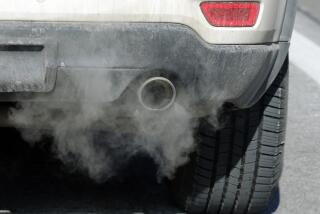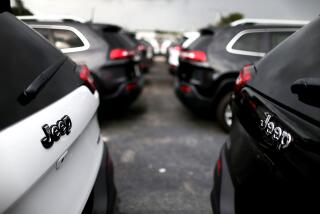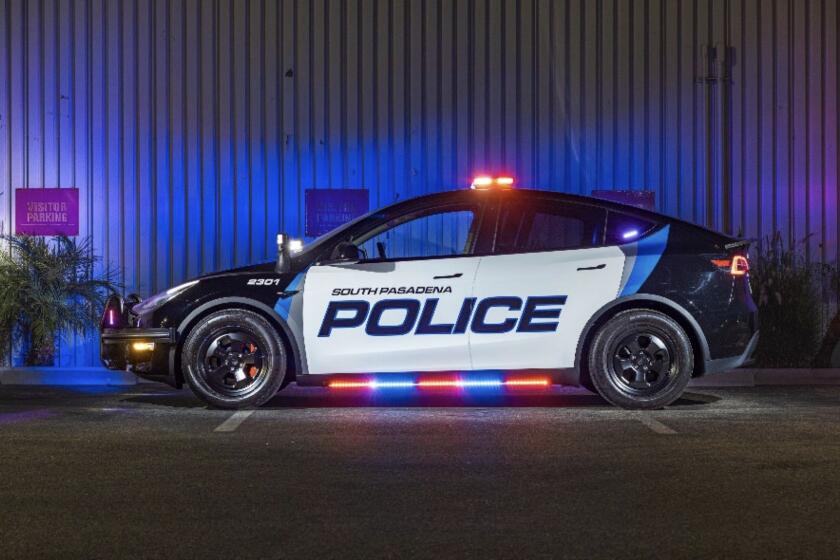VW’s ‘ugly’ emissions cheating scandal will damage diesel technology
The investigation into Volkswagen’s alleged attempt to circumvent emissions standards on nearly half a million diesel vehicles could give a black eye to both the brand and diesel technology.
“It’s pretty ugly,” said Kelley Blue Book analyst Karl Brauer. “Volkswagen has far outstripped everyone else in selling diesel cars. This challenges everything they’ve been saying about those vehicles.”
VW and others have marketed diesels as a fun-to-drive alternative to other green technologies, such as hybrids, often with leafy marketing about environmental benefits.
Diesel cars generally achieve hybrid-like fuel mileage but offer more torque and horsepower.
The German automaker has admitted manipulating the cars with what authorities describe as a software trick designed to fool federal emissions tests. The automaker will eventually have to recall all of the vehicles and change the emissions systems at its own expense, regulators said. Additionally it could face a fine of about $18 billion, or $37,500 per car, federal environmental officials said.
The software “defeat device” allows the cars to emit up to 40 times the legally allowable pollution, environmental officials said.
Volkswagen is by far the industry leader in diesel car sales. The German automaker last year sold 78,847 diesel passenger vehicles in the U.S., well ahead of its nearest competitor, according to online auto sales company TrueCar. Its corporate sibling Audi sold 15,732 vehicles during the same period.
But many other companies also sell multiple diesel models, particularly diesel trucks. Ford sold 118,245 diesel vehicles last year. Chevrolet sold 69,372 vehicles, including 62,226 Silverado trucks. Ford sold 118,245 diesel vehicles, almost all of them F-Series pickups.
BMW, Mercedes-Benz, Porsche, Jeep and GMC also sell diesel-powered cars or trucks in the U.S.
Brauer said the PR damage to VW may actually be minimal. American consumers are already experiencing “recall fatigue” after product recalls involving Toyota’s sudden acceleration and GM’s faulty ignition switch.
The expected recall doesn’t involve any danger to the consumer. But it may affect the performance of the car, a big selling point for diesels.
That may make owners reluctant to make the fix at all.
“If I’m enjoying the mileage and the torque I’m getting, I might wonder whether this ‘fix’ will negatively impact my car’s performance,” Brauer said. “I’m going to get to that right after I rearrange my sock drawer.”
The PR fallout may be worse for the technology than the brand, said TrueCar analyst Eric Lyman.
Volkswagen and its corporate sibling Audi are responsible for 65% of all diesel passenger vehicle sales from January 2010 to July 2015, Lyman said, and are largely responsible for selling American consumers on the idea that “clean” diesel is a viable green alternative.
“This is going to be a blow to the progress they’ve made and may call into question whether this is a clean technology at all,” Lyman said.
They might even become the Milli Vanilli of the auto world, Lyman said -- a reference to the musical duo that suffered bad PR when it was revealed its singers were lip-syncing to other people’s recorded voices -- and be asked to give back awards won by its “clean diesel” vehicles.
Volkswagen Group’s Jetta and Audi A3 diesels won the 2009 and 2010 Green Car of the Year awards given by auto trade publication Green Car Journal.
Twitter: @misterfleming







